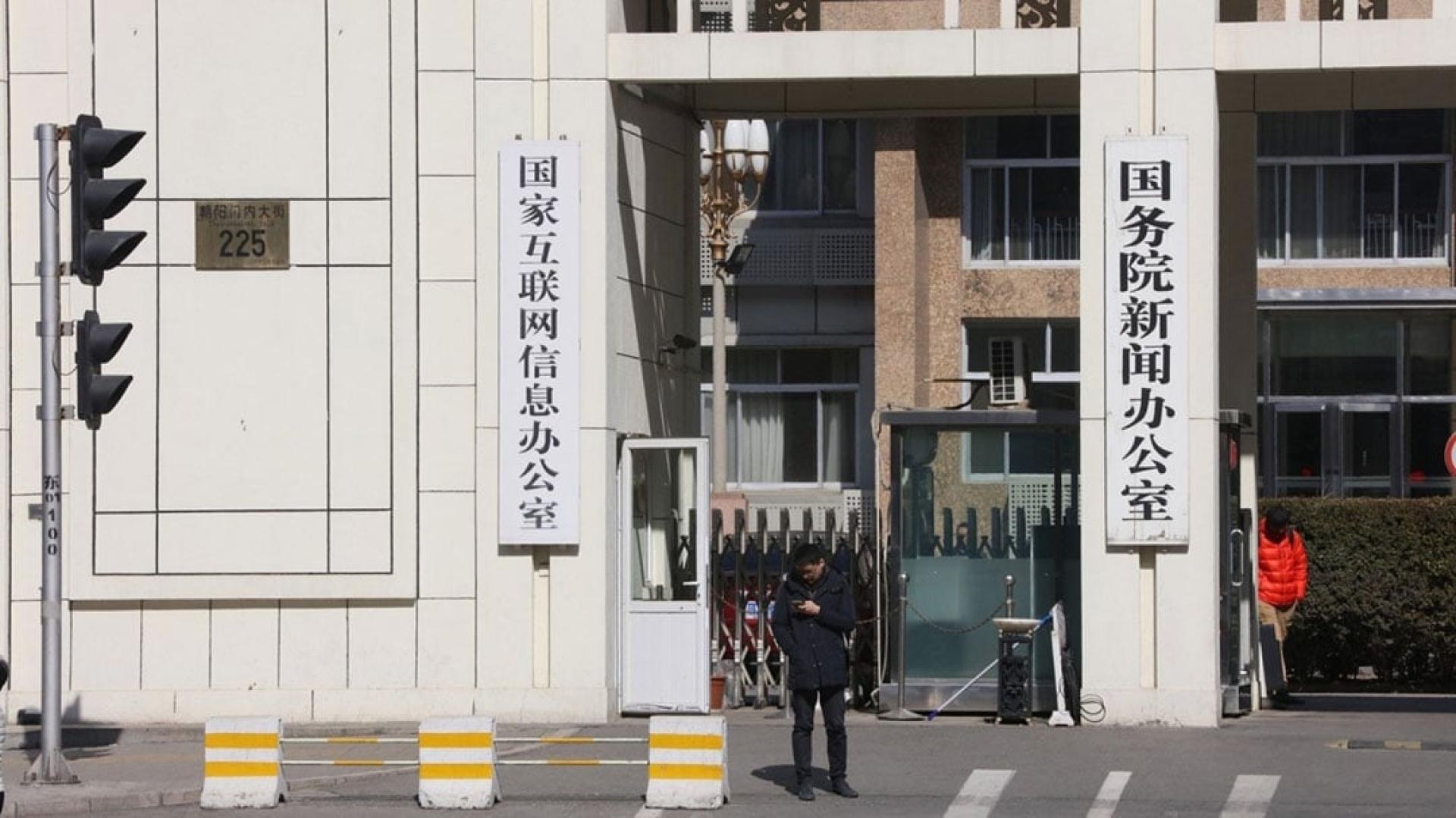On the 29th, China’s Cyberspace Administration (CAC) announced a nationwide two-month crackdown on self-media publishing false information, including banning the use of AI to impersonate others and prohibiting citing sources such as “reported online” and “netizens said.”
The CAC stated that starting from July 24, a two-month nationwide campaign titled “Clean and Bright: Rectifying ‘Self-Media’ Publication of False Information” will be launched. The campaign will focus on tackling four prominent issues, including malicious hype that misleads the public, various means of distorting facts, making falsehoods appear real by omitting source labels, and inaccurate information in professional fields.
Firstly, the issue of malicious hype misleading the public refers to situations involving trending topics or public figures where individuals impersonate the parties concerned, their relatives, or insiders to stir up buzz and confuse the public. They fabricate causes, progress updates, numbers of casualties, and construct so-called “authoritative reports,” “first-hand data,” and “in-depth revelations” to mislead perceptions.
Secondly, the use of various means to distort facts, such as using AI generative or synthetic technologies to impersonate others, fabricating fake news in areas like society and people’s livelihood, or using staged plots, spliced and edited videos to distort the interpretation of policy guidelines and legal documents, as well as maliciously hyping up old news by quoting out of context.
Thirdly, making falsehoods appear genuine by omitting source indications. Information related to domestic or international current affairs, public policy, and social events is released without indicating or accurately indicating the source. Using terms like “reported online,” “netizens said,” or “sourced from the internet” to publish information, or marking sources in extremely small fonts, in obscure locations, or covered by a progress bar—deliberately weakening the disclosure.
Fourth, the issue of misinformation in professional fields. This includes impersonating experts in finance, medicine, or law, distorting professional content, such as fabricating or altering real case details, mismatching different historical figures and events, or altering historical facts. Through fake staged scenes and riding on trending topics to gain traffic, an online “expert influencer” persona is built up, disrupting the communication order.
● Violators Face Warnings, Temporary or Permanent Account Bans
The notice requires local CAC departments to supervise platforms in addressing typical and emerging issues of self-media publishing false information. They are urged to “draw inferences from one instance,” improve content review and account management mechanisms, reinforce self-media education and guidance, and continuously carry out the discovery and handling of violations—including issuing internal warnings, temporarily muting accounts, or, in severe cases, strictly enforcing long-term bans or account closures.
